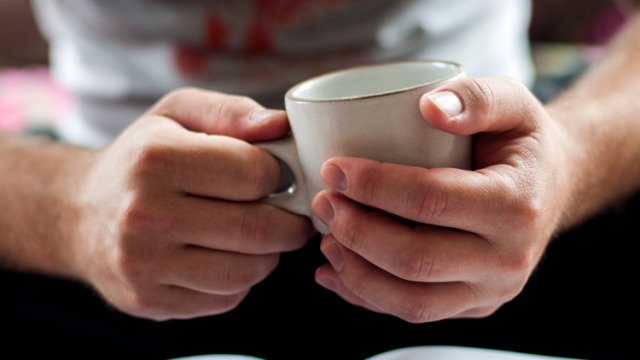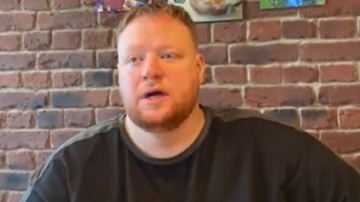How did you get involved with the group? And why?
‘I was in contact with a psychiatrist for a while and they suggested that I should join. At the time I was quite isolated and not doing quite much. However, I thought that I may as well give it a go and whilst I was a bit anxious to start off, I started to enjoy it. It got me out once a week which was good, and I also got to meet people with similar mental health problems which was also good.’
‘For me, I was also anxious at the start but as you got to know people it became much better. I liked getting out to meet new people and the fact it got me out of the house. I also liked the fact we did different activities, such as meals, bowling, the cinema. It provided us with a good variety of things to do.’
What else have you got out of the group? What have been some highlights?
‘The main fear with the group initially is the fact that you’re meeting new people, which can be enjoyable but can also instigate anxiety. So, at the start it’s more helpful really as a reason to get out of the house. However as I’ve got to know people along the years, it’s been great for developing life-long friendships, as it brings together different people from different groups who might have never met before and gets them to socialise. It’s also a good laugh each week when we’re together’
‘Same, initially, I didn’t think I was going to get friends as I wasn’t going for that reason, it was more to get out the house, but when I did, it was a nice surprise. It meant more reason to look forward to the group each week and more reason to keep going when I was having a bad time as I had something to look forward to.
‘From us going to the group, we’ve also formed other groups ourselves outside of it through the connections we’ve made. These include a Walking Group, a meal group and an open mic group. All of which have helped us build a routine of weekly social activities we can look forward to, which have a range of both mental, physical and social wellbeing benefits.’
Why do you think groups like this are so important?
‘Not only do they tackle isolation but as we’ve said it helps you build a routine and provides you with enjoyable activities and things to look forward to.’
‘Completely. It helps people and service users to interact more, counteracting their social isolation, as well as building up their confidence and overtime, helping combat their anxiety.
‘It’s also been good to see newer members join over the years and the change attending has had on them, the difference it makes. Even more so when they attend the other groups that have formed out of the group. They always say ‘thank you’ to you, as these activities, outings and chats have created a routine for them throughout the week. Especially so during COVID, where we have kept a steady number of attendees whilst also observing the restrictions and social distancing measures.
‘It’s also that great that there’s a mixture of people with different difficulties whether that be mental, physical, long-term, short term, age, background etc. It allows you to meet people that you would never have met before with the knowledge that you’ve all got something in common and so everyone will be respectful and supportive.’
‘Yeah the fact is you’re more likely to feel comfortable chatting to people with people with lived experience as you know they’re going to be understanding. Of course, when you first start, it’s less about talking about your mental health and more just having a chat as it still can be quite tough to feel comfortable talking about it in a room full of strangers. But as you get to know each other and form those close friendships you open up.
‘Even then, some days we just like to chat about everything but mental health and just have a laugh instead. It doesn’t always have to be about mental health, some days it can just be mates having a good natter.’
Why do you think it is also important that we keep the conversation going about Mental Health?
‘I’m in the lucky position that my family has been more supportive than most and so have my support workers, so I’ve always felt that I can talk about my mental health. However, I can see with other people I’ve met how mental health can be swept under the carpet. Even then, with my support workers and my families, it’s still been great to have that extra support through the group and the benefits it’s provided.’
‘It’s been good to see people like Prince William and other famous people talking about it. Awareness is important and means that everyone in this day and age feels like they can talk about it, especially more so than 10-20 years ago. Seeing them talk about it on TV, especially a future King, makes it easier for people to feel like they can discuss it with their friends and family members.’
‘As well as that it’s worth noting that a lot of mental illnesses are long-term and have no solution but having said that, you can live with them and have long-term stability despite it. Keeping the conversation going is important to bringing awareness to that and for us the group has been one of the ways that we’ve found stability as it has provided us with a routine to fall back on. It’s helped us move forward, gain confidence and most importantly feel more accepted for who we are than ever before.’
For details on similar groups and other resources please check out the Sheffield Mental Health Guide or call us on 0114 273 7009.



